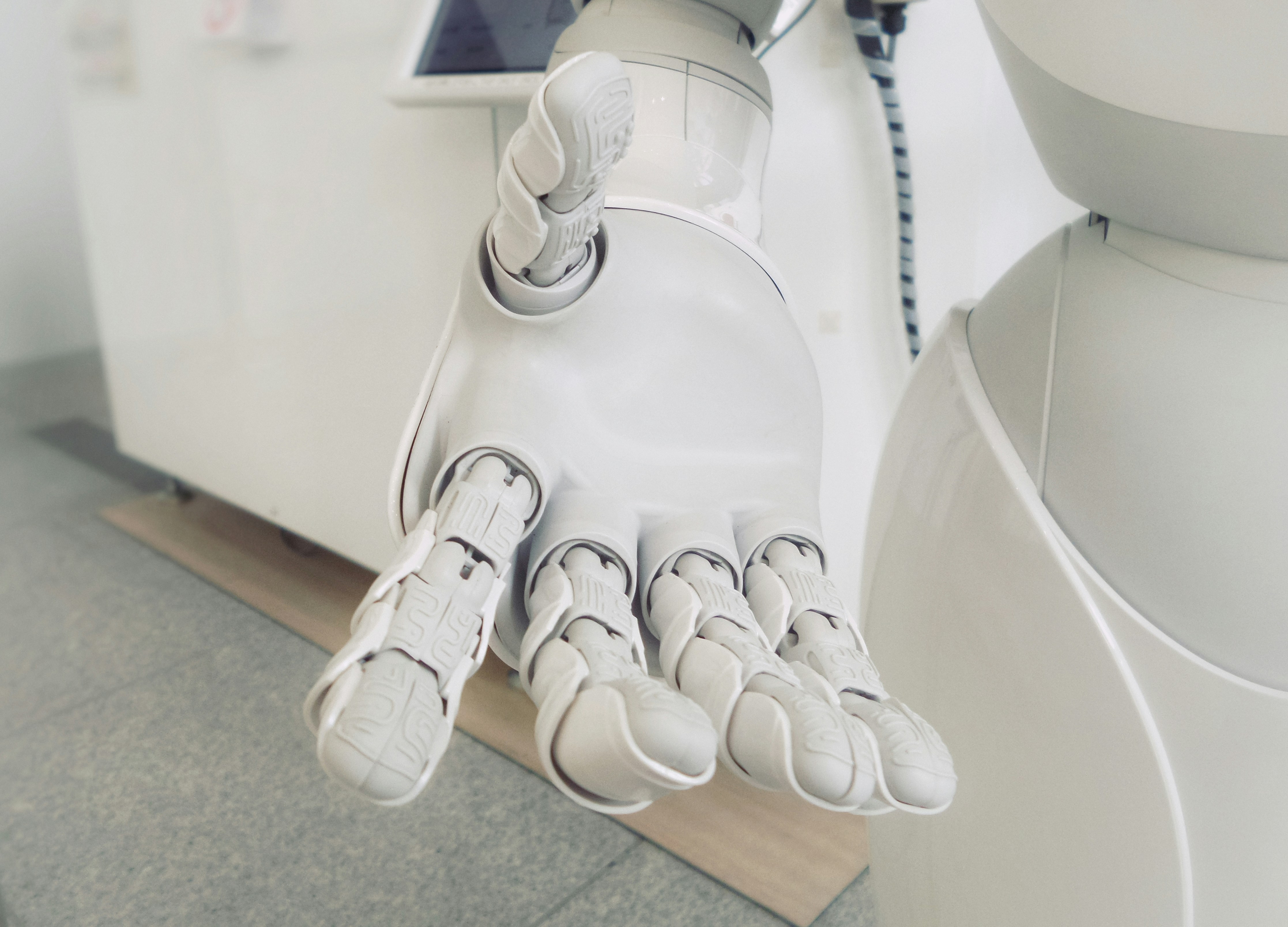Multi-Skilled Engineer (Electrical Bias)
Bristol Avonmouth
12 hour shifts on a rotating days/night pattern
Are you a skilled and motivated Multi-Skilled Engineer with a passion for keeping production lines running smoothly?
We are seeking a versatile and experienced Multi-Skilled Engineer with an Electrical bias to join our team. This is a pivotal role, ensuring the optimal operation and maintenance of our production equipment.
What You'll Do:
Perform regular maintenance, fault diagnosis, and repairs on all engineering systems, machinery, and control panels to minimize downtime.
Diagnose and resolve electrical or mechanical issues on production line equipment, including PLCs, motors, drives, conveyors, and sensors.
Collaborate with the maintenance team to plan and execute preventative and predictive maintenance activities.
Identify opportunities to improve electrical systems and implement solutions to enhance efficiency and reliability.
Understand and maintain all electrical safety systems.
Work closely with Senior engineers to drive improvements in maintenance tasks, predictive maintenance, part upgrades, and system upgrades.
Provide hands-on support to ensure efficient and safe operation of the production line.
Assist with the installation, testing, and commissioning of new equipment.
Contribute to lean initiatives by performing operational roles and ensuring the production line operates at peak performance.
Apply your expertise to optimize production processes and enhance Overall Equipment Effectiveness (OEE).
Develop and implement standard operating procedures (SOPs) for all engineering systems and equipment.
Provide mechanical and automation support as needed, demonstrating a broad understanding of manufacturing processes.
Ensure all engineering work complies with safety regulations, company standards, and industry best practices.
Conduct regular safety inspections and risk assessments, particularly on electrical systems.
Participate in safety audits and contribute to a culture of safety within the team.What You'll Need:
3+ years of experience in a multi-skilled engineering role within a manufacturing environment, with a strong emphasis on electrical systems.
HNC or equivalent qualification in Electrical Engineering.
First-hand experience with control systems, industrial automation, reading electrical schematics, wiring diagrams, and technical manuals.
Excellent problem-solving and diagnostic skills, with a proactive approach to identifying and addressing issues.
Effective communication and teamwork skills, with the ability to work effectively with cross-functional teams.
Ability to manage multiple tasks and priorities in a fast-paced environment.Do you have the drive and skills to make a real difference? Apply now!
Randstad CPE values diversity and promotes equality. No terminology in this advert is intended to discriminate against any of the protected characteristics that fall under the Equality Act 2010. We encourage and welcome applications from all sections of society and are more than happy to discuss reasonable adjustments and/or additional arrangements as required to support your application.
Candidates must be eligible to live and work in the UK.
For the purposes of the Conduct Regulations 2003, when advertising permanent vacancies we are acting as an Employment Agency, and when advertising temporary/contract vacancies we are acting as an Employment Business


